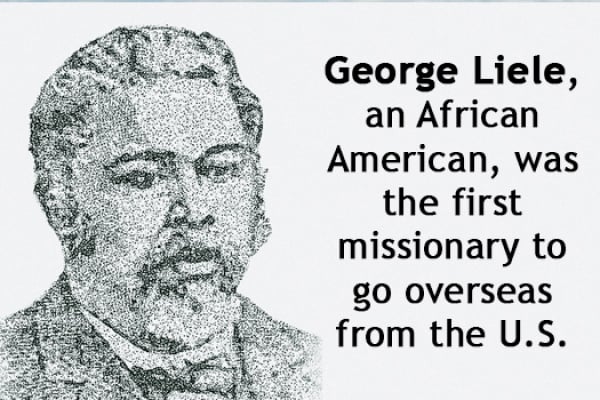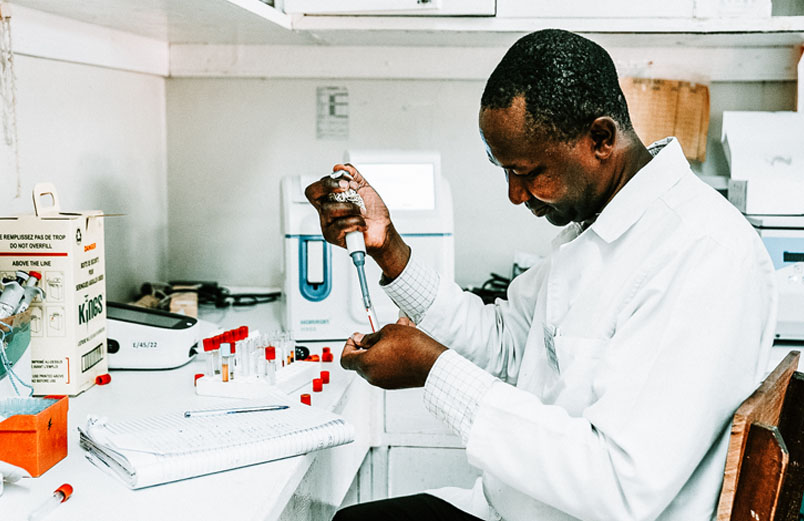
Isn’t Missions Just Colonization?
FEBRUARY 13, 2023 | 2 MINUTE READ
DAVE JACOB, DIRECTOR OF MOBILIZATION
In 1783, a man from Georgia named George Liele got a loan and accepted the status of an indentured servant to pay the passage for himself, his wife, and his four children on a ship bound for Jamaica.
George felt strongly that the Lord had called him to serve as a missionary and sacrificed much to go. When he landed on the island, he soon repaid his debt and got permission to preach to the slaves in Jamaica.
George Liele sailed for Jamaica to plant churches nearly thirty years prior to Judson being sent to Burma.
George, an African American, was the first missionary to go overseas from the U.S. While some may believe that Adoniram Judson (a white man) was the first American missionary, Liele sailed for Jamaica to plant churches nearly thirty years prior to Judson being sent to Burma.
In fact, there were many African American missionaries sent from America in its early years: David George, Betsey Stockton, and Amanda Berry Smith, to name a few. They sacrificed to take the Gospel to distant lands where the name of Jesus was not known or worshiped.

A doctor from Kenya works at Chogoria Hospital, where WGM doctors train East African medical professionals.
Later, many white missionaries were sent from the U.S. Some of them were gentle and effective, contextualizing their message for the cultures in which they ministered. Unfortunately, others used harmful methods such as colonialism that worked against the message of Christ instead of promoting God’s truth. They fused Christianity and American culture, communicating that following Jesus meant acting like an American. They made worshiping and living like an American a prerequisite to the faith.
It is important that we study missions history to avoid the failures of missions past. We must own and learn from our sins, yet not allow them to hinder us from obeying Christ’s command to take the Gospel to every people group.
In fact, at WGM, we’re taking these active steps to avoid colonialism:
- Our missionaries come from twenty-three different countries
- We partner with Christians from the nation we’re ministering to
- We aim to hand ministry over to national Christians and work ourselves out of leadership as quickly as possible

A team from international backgrounds works together at Chogoria Hospital in Kenya.
So, is missions colonialism? It can be if we have pride in our hearts or if we do not partner with others from different backgrounds. That’s why training and the study of missions history is vital for our missionaries. The answer to the mistakes in missions past is not to shy away from the task but to repent and move forward as God leads us.
As February is Black History Month, we here at WGM honor our African American brothers and sisters who, against all odds, took the Gospel to difficult places. May it also be said of us that we learned from our mistakes and carried the Gospel forward so that one day people from every tongue, tribe, people group, and nation will surround God’s throne, giving Him the worship that He deserves.
Action Step:
Go: Do you share that vision to spread the Gospel to all nations? If so, check out the opportunities on our interactive map where you can filter opportunities by location, type of ministry, and length of service.
Want to learn more about intentional efforts to mobilize African Americans? Check out the National African American Missions Council.
